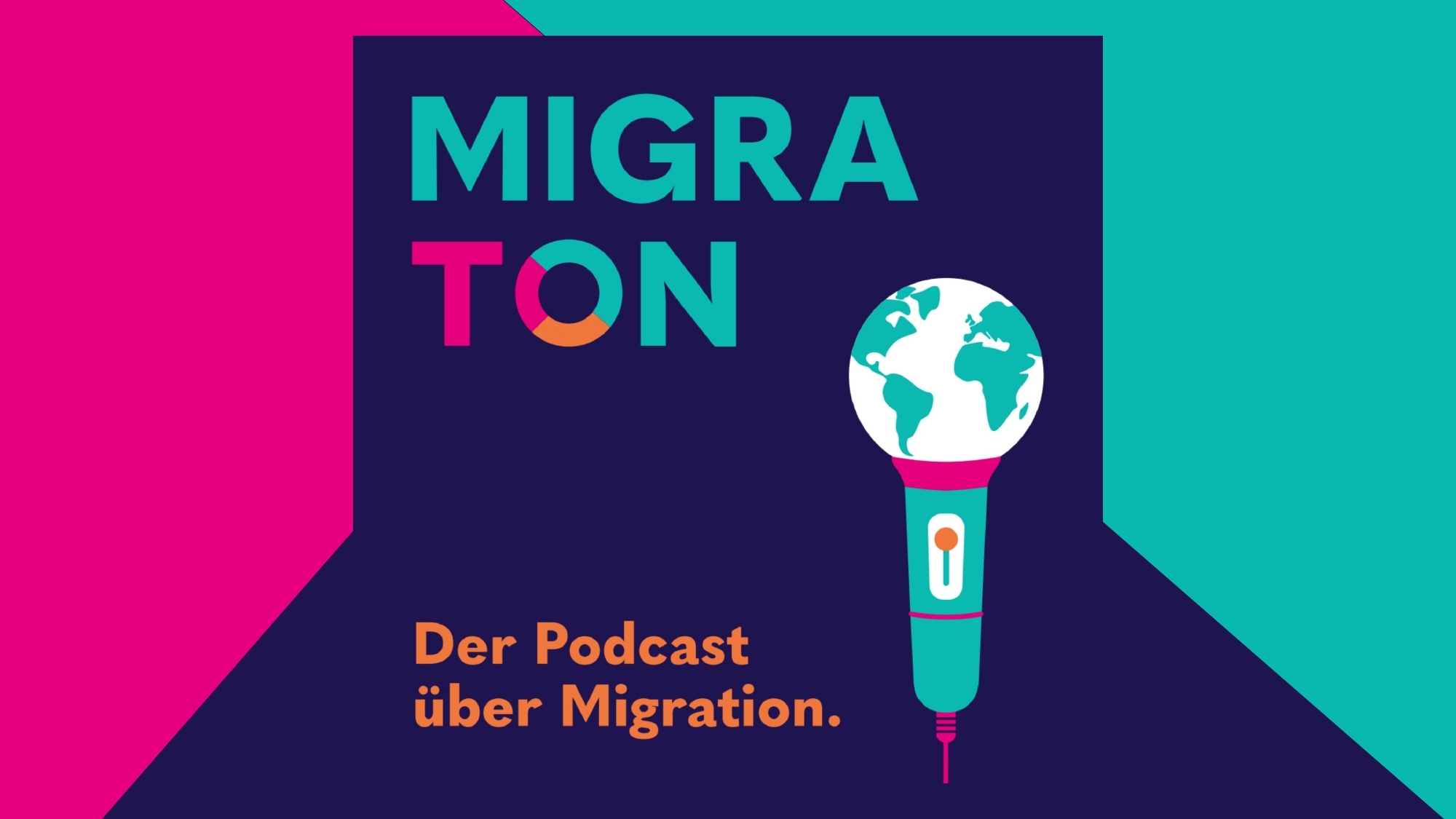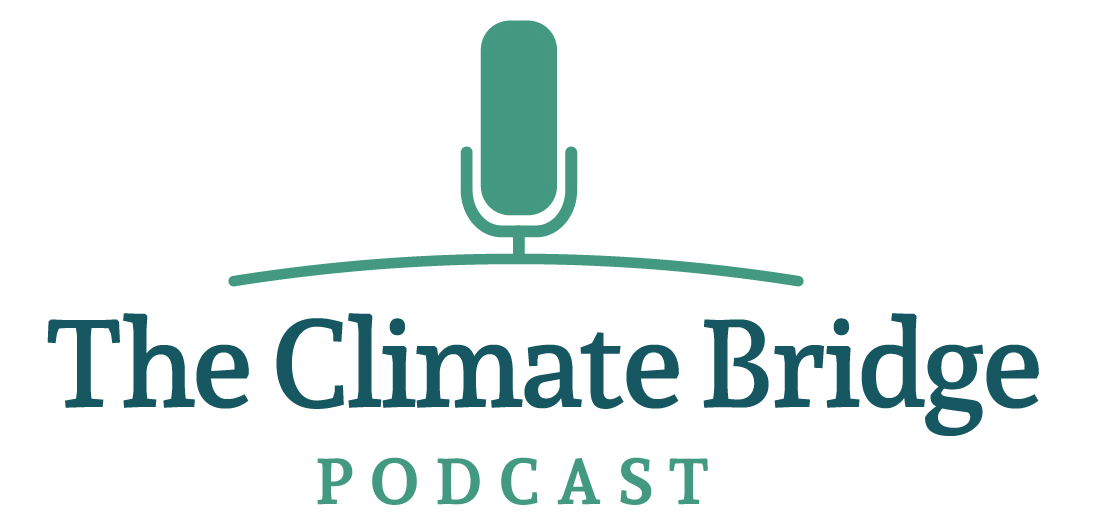29 MAR | Polis Teatime: Elections in Hungary and Serbia: What are the strategies of opposition parties and movements in authoritarian regimes?
Polis Teatime
Elections in Hungary and Serbia: What are the strategies of opposition parties and movements in authoritarian regimes?
29 March 2022 | 19:00 – 20:30
@ Zoom
with Anikó Paróczai and Nikola Tasić
On the 3rd of April, Hungary elects a new Parliament and votes on a referendum about LGBTQ in the education sector. Serbia holds general elections on the same date. Both countries took a rather similar development in the last years: Lack of media freedom and pluralism, limiting of the rule of law, state capture, suppression of minorities and policing of any organizations (NGOs, media outlets etc.) who criticize the incumbent regime pose a big challenge on those parts of the society who do oppose these regimes. This development originates or is supported by their national governments and parts of the political elites, represented by prime minister Viktor Orbán (Fidesz party) and president Aleksandar Vučić (Serbian Progressive Party) respectively.
Due to the democratic decline and a lack of the rule of law, oppositional parties and movements face significant challenges in the upcoming elections. However, in both countries the hitherto strongly divided opposition chose new strategies for these elections and started to cooperate by creating joint lists. Many hope that their joint approach will help them overcome the ruling party and thereby contribute to regime change.
In two events, we want to discuss the challenges the opposition faces in these authoritarian regimes and what strategies they are taking to compete for votes in the upcoming elections. During this first discussion, just a few days before the elections, we will talk with two oppositional candidates (one from each country) about the strategic approach of a joint opposition consisting of quite different parties, about the thematic focus of their campaigns and which alternative policies they can offer to the electorate. We also want to compare the similarities and differences between oppositional movements in both countries and learn from their work.
We are looking forward to discussing these topics with our guests who are both competing on the lists of the opposition in their country:
Anikó Paróczai, member of the local council in the 19th district of Budapest for the Momentum movement.
Nikola Tasić, president of the municipality board of Democratic Party in Belgrade (district Stari Grad).
To join our online event via Zoom, please sign up below. We will send you the Zoom link shortly before the start of the event.
We are looking forward to an inspiring and insightful discussion and hope to see you there!
If you have any questions, please contact Nora Pohl or Richard Kaufmann.
More about our discussion guests:
Anikó Paróczai is currently a member of the local council in the 19th district of Budapest and is now running for a seat in the Hungarian parliament as part of the Momentum movement. She is a fierce anti-corruption fighter, an advocate of higher female participation in Hungarian politics and she’s also interested in foreign policy issues.
Nikola Tasić currently holds the position of president of the municipality board of the Democratic Party in Belgrade (district Stari Grad). He joined the party in 2006 and has since been active in various positions. In the upcoming elections he is a candidate at the Belgrade municipal election on the opposition list.
Titelbild via pixabay
Buchungen sind für diese Veranstaltung geschlossen.


